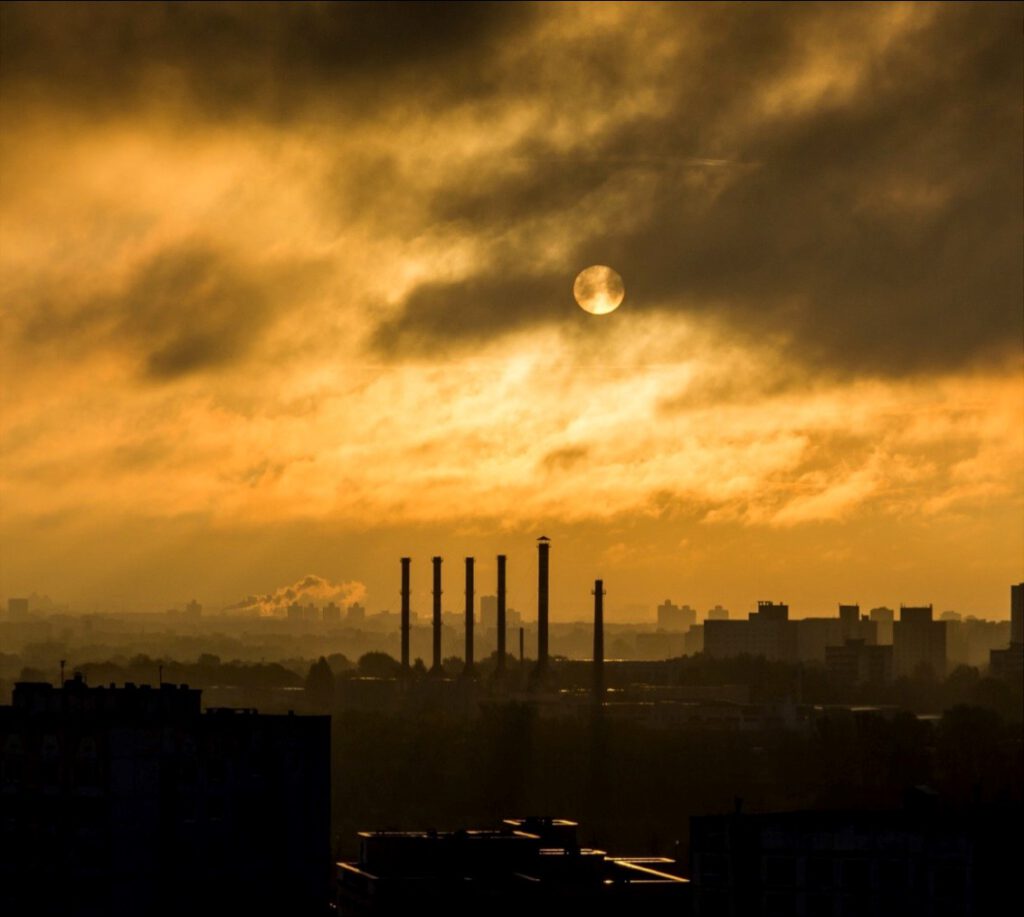Alice Mah, Department of Sociology, University of Warwick
I have been thinking about the importance of translation during the Environmental Justice: Looking Back, Looking Forward conference in Sydney, Australia, 6-8 November 2017. This exciting interdisciplinary conference marks the 20th anniversary of the first environmental justice conference in Australia, held at the University of Melbourne in 1997. It brings together leading figures in the field of environmental justice from around the world. I feel honoured and privileged to be invited to give a keynote conversation with Julian Agyeman and David Pellow on “environmental justice: looking forward”, following the opening keynote conversation with Robert Bullard, the “father of environmental justice”, Nick Low, and Petra Tschakert. The conference features cutting-edge research and scholar-activism on diverse themes including decolonizing environmental justice, “just” storytelling, food justice, climate justice and governance, multispecies and intergenerational justice, indigenous cultures, cities, health, and community action.
As I engage in conversations and listen to a range of different perspectives, I can see how translation across different cultures, languages, and contexts is crucial for the concept of environmental justice to be able to resonate beyond its origins in the 1980s United States civil rights and anti-toxic movements. Although the conference does not employ translators, due to its size and audience, speakers regularly quote and translate passages of indigenous languages, reflecting on different values, meanings, and understandings of justice and the world. These conversations feel important, even as participants recognize the irony of people flying from around the world to discuss the challenges of environmental justice.
The idea of translation, between and across different cultures, languages, geographies, and experiences, and perspectives, is also crucial for thinking about global and local problems of pollution.
In this issue of Toxic News, all of the authors address issues related to pollution and environmental (in)justice: conflicts over industrial pollution in petrochemical and mining areas; and uneven exposures to air and noise pollution in cities. Whether explicitly or implicitly, each of the contributions in this issue of Toxic News also speaks to different forms of translation: cultural, political, scientific, subjective, and linguistic.
Thom Davies reflects on his recent ethnographic research in the rural community of Freetown in St James Parish in Louisiana, where people living with pollution poignantly describe the destruction of their land, plants, trees, and wildlife. He reports on an environmental struggle against the controversial planned Bayou Bridge Pipeline, which will terminate near Freetown, involving a coalition of indigenous campaigners, environmental activists, craw fishermen inspired by the campaign at Standing Rock.
Erik Kojola highlights the importance of emotions and identities in conflicts over environmental risks from mining near the Iron Range in northeastern Minnesota. In particular, he examines how the prospect of both jobs and water pollution mobilize different place-based identities and competing visions of the future. Tensions between industrial and natural heritage are exemplified by the local identities of the Iron Range miner and the canoe enthusiast.
Thomas Verbeek draws attention to the environmental impacts of our transportation infrastructure, particularly air and noise pollution. He discusses findings from a quantitative case study of a neighbourhood in Ghent, Belgium with (relatively) high air and noise pollution from highway viaducts. The article reveals that objective and subjective exposure to environmental impacts differed: poorer people in temporary housing suffered greater exposure to pollution, but more affluent people with semi-detached homes complained more about pollution.
Finally, we are very pleased at the opportunity to publish our first article in translation: Gwen Ottinger’s Lessons in Infrastructuring (first published in May 2017) into Chinese, translated by Chia-Liang Shih and Wen-Ling Tu. This translation emerged following research collaborations between Gwen Ottinger and Wen-Ling Tu, who both work with frontline petrochemical communities (in the United States and Taiwan respectively) on air pollution and citizen science. Through publishing this excellent article in translation, we hope to reach a wider audience. This is a first step towards our collaborative aims of international and intercultural dialogue on “toxic” issues.
In the future, we hope to include more translations in Toxic News – across language as well as culture and politics.
(Featured Image: Minsk, Belarus by Anton Rusetsky)
